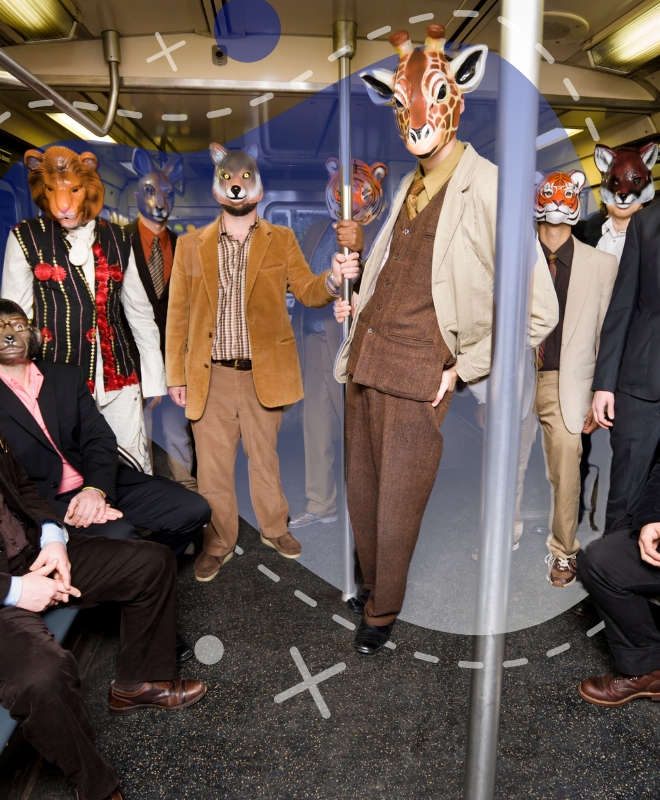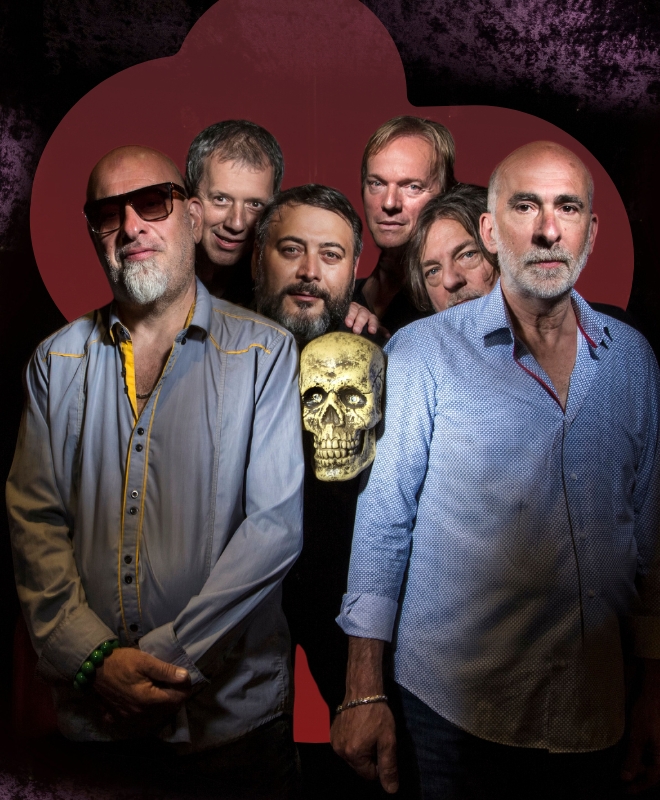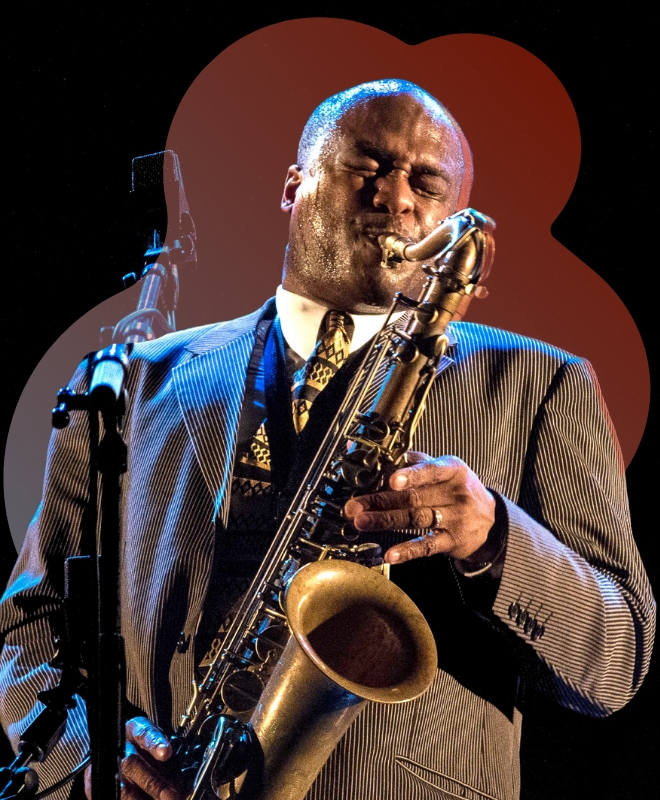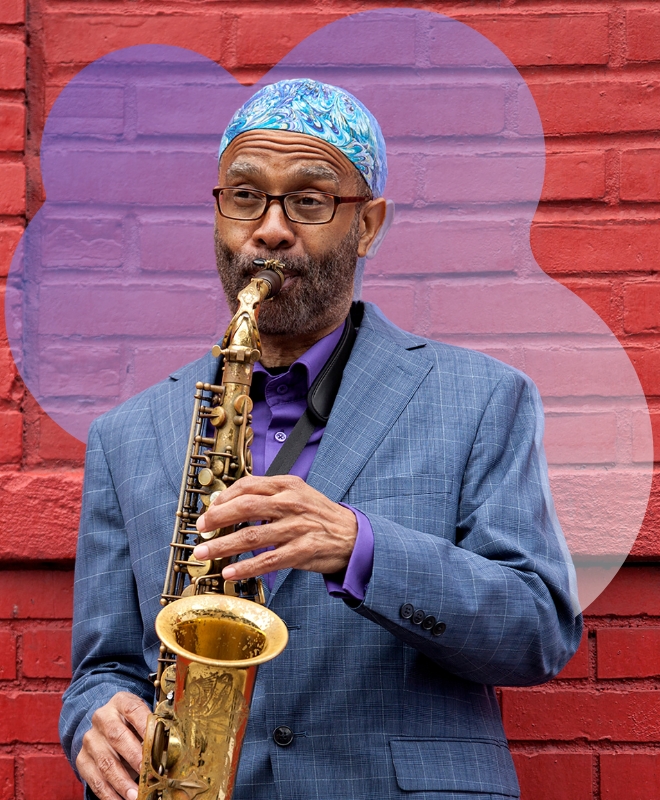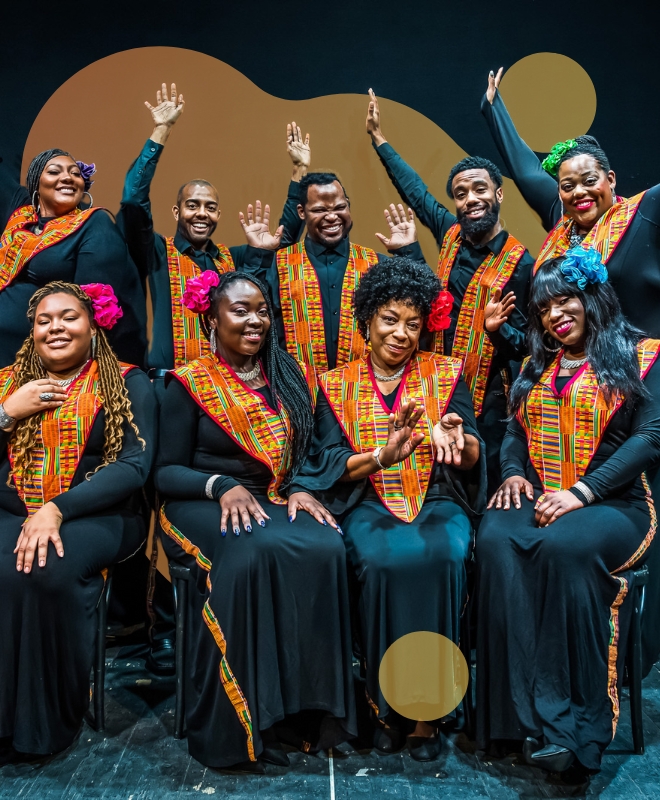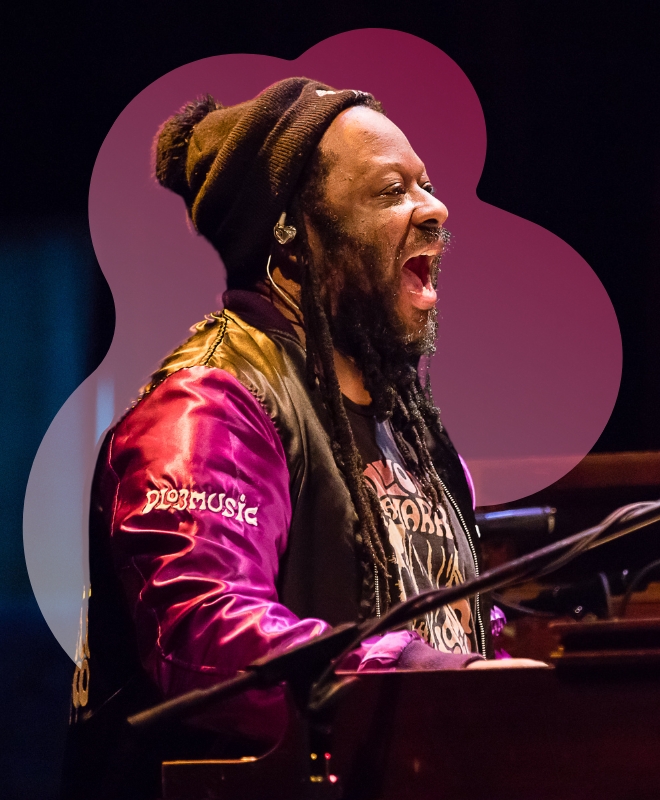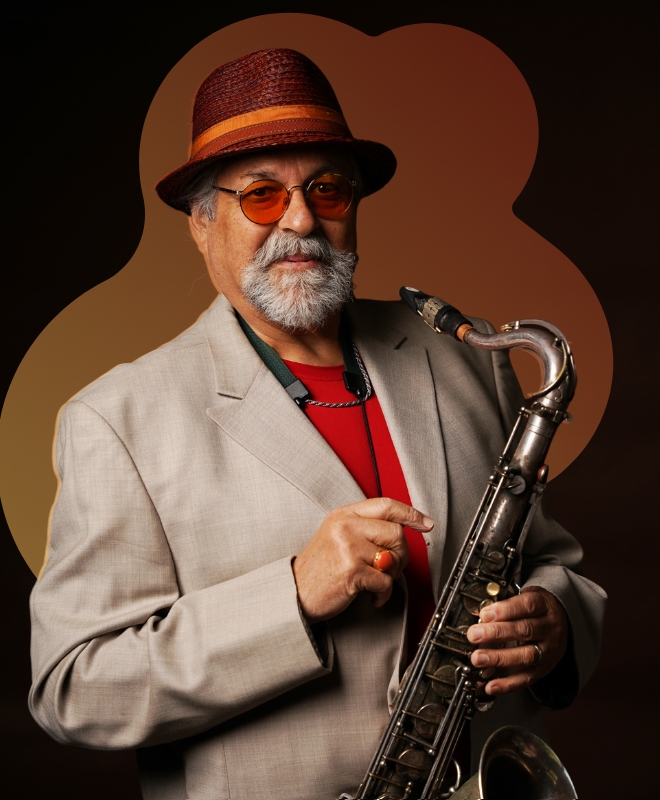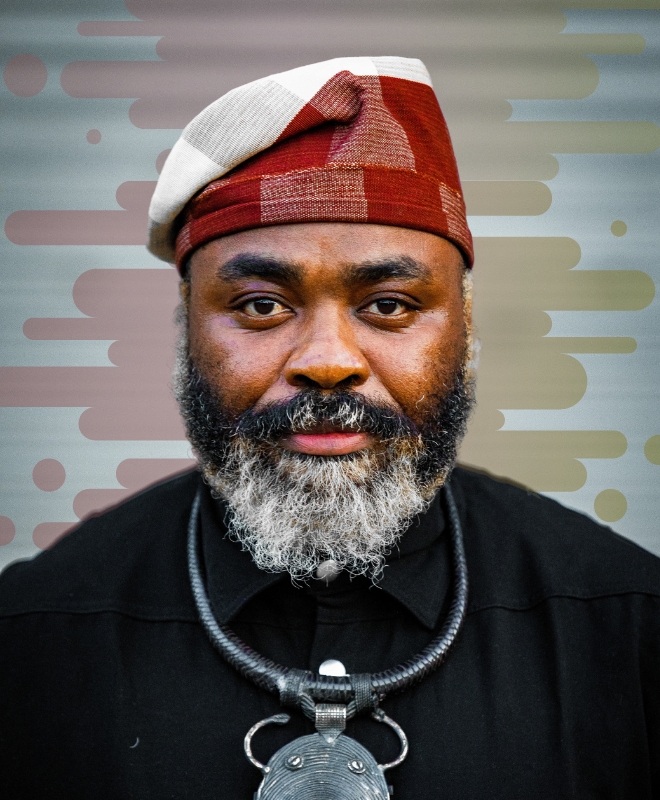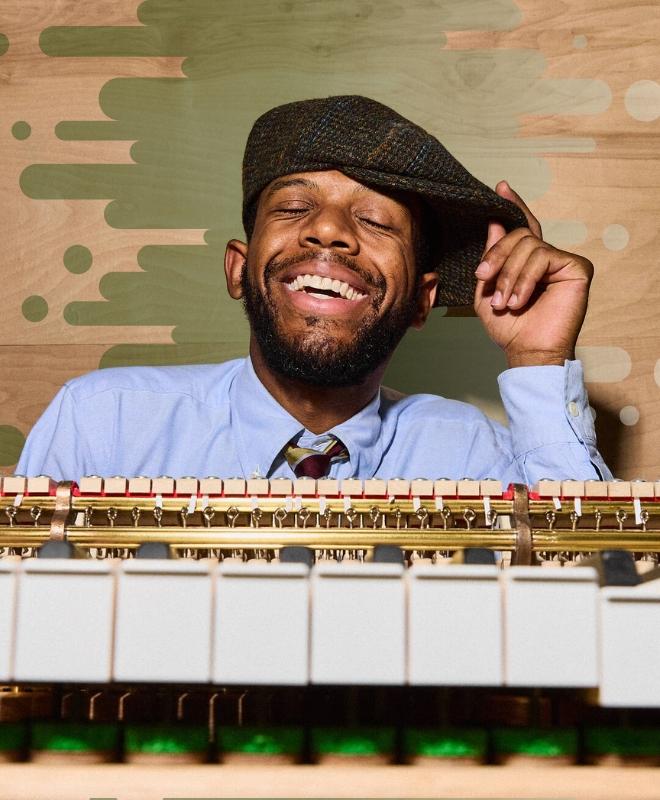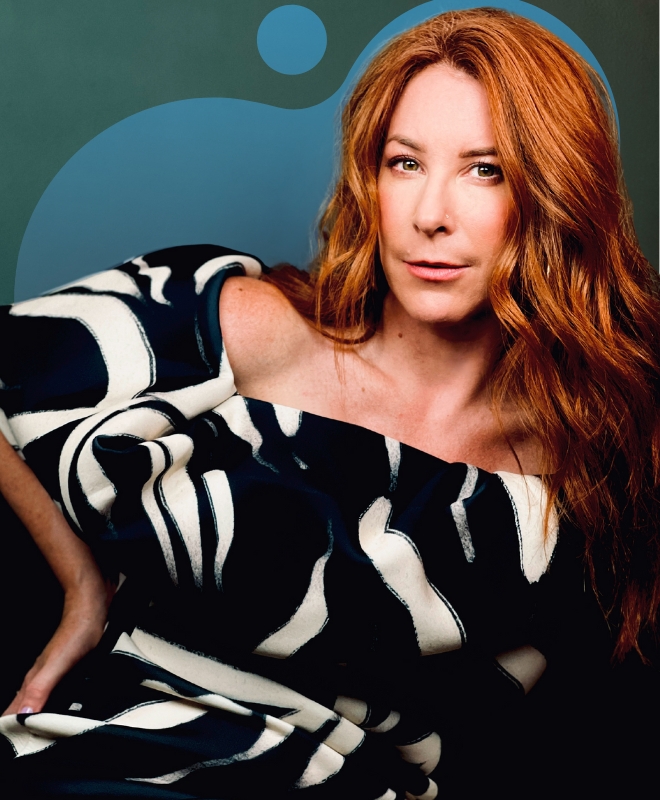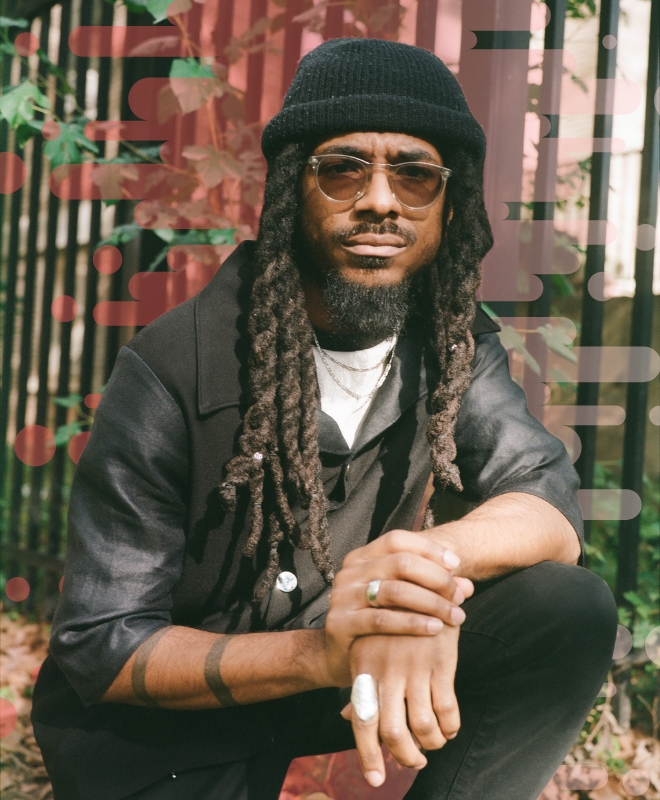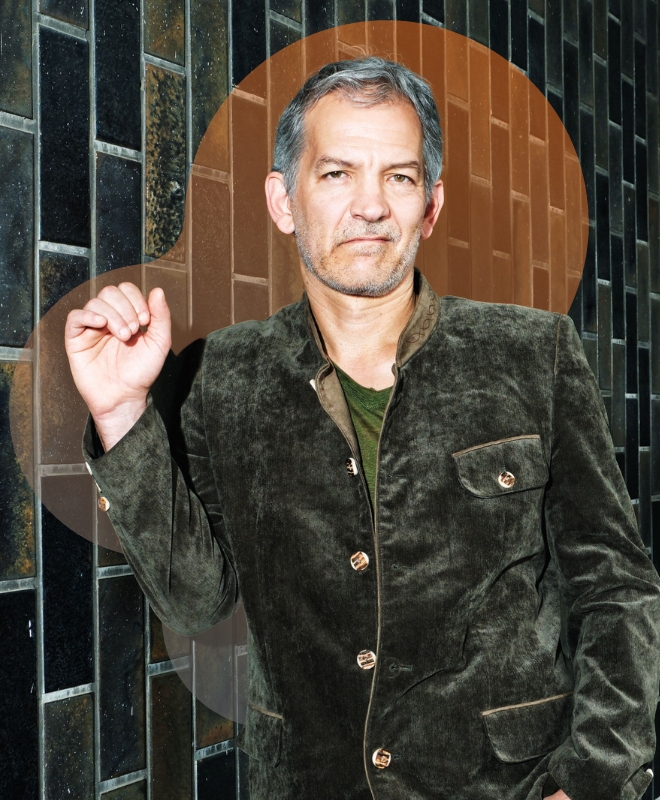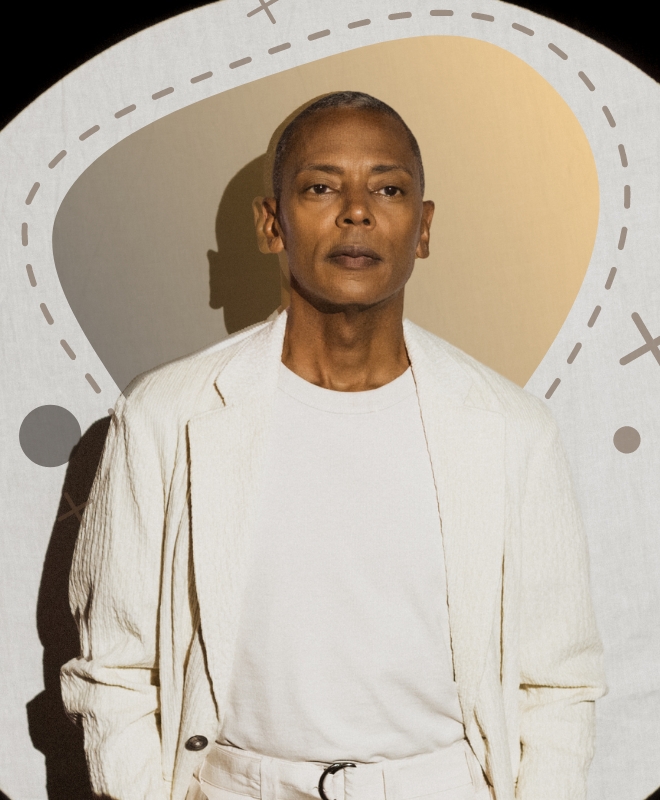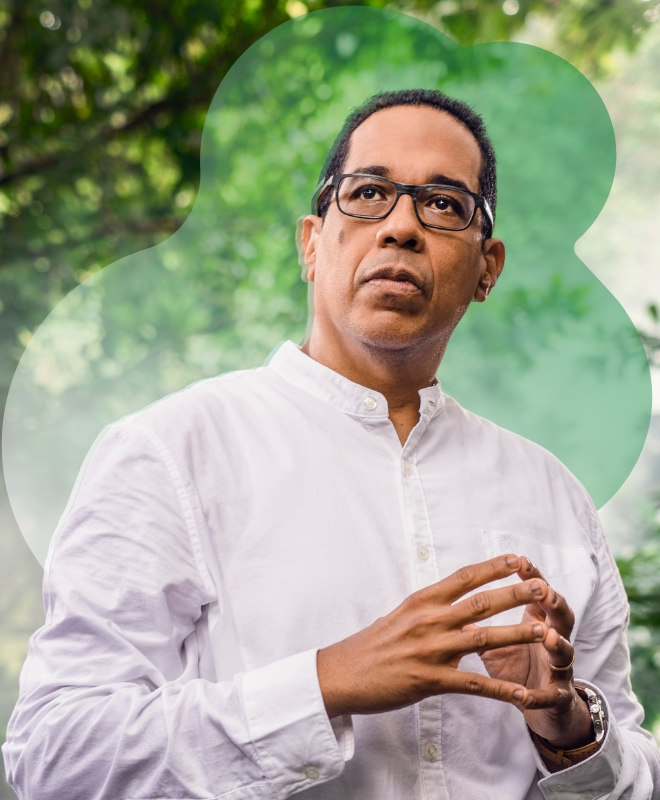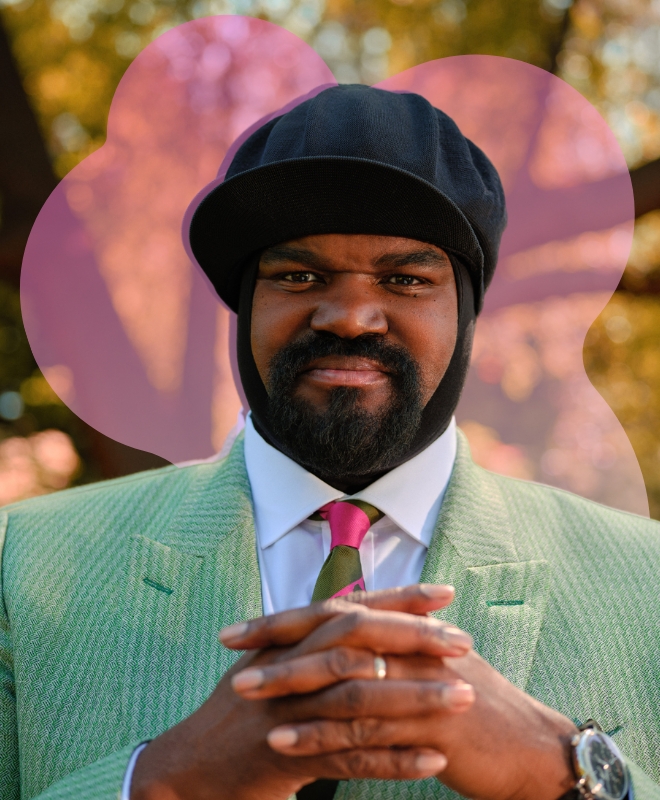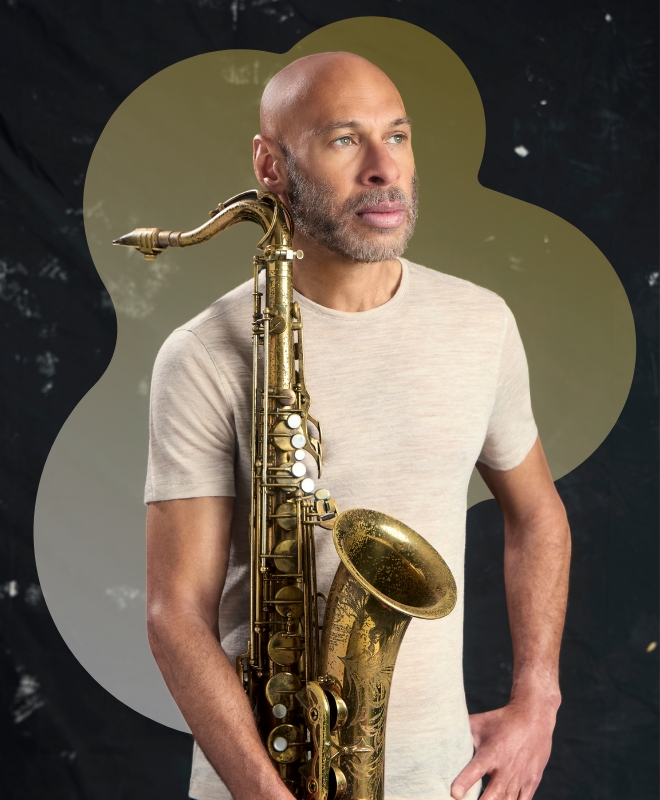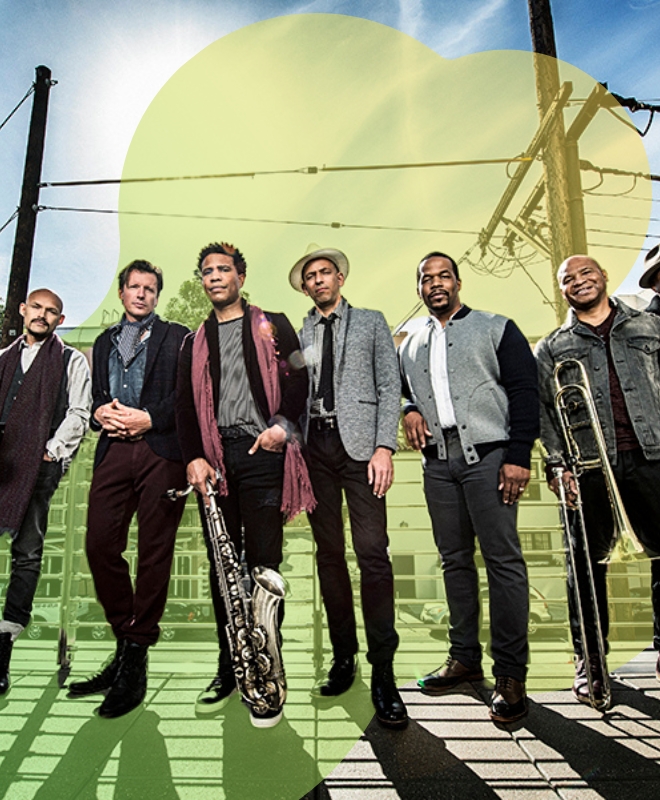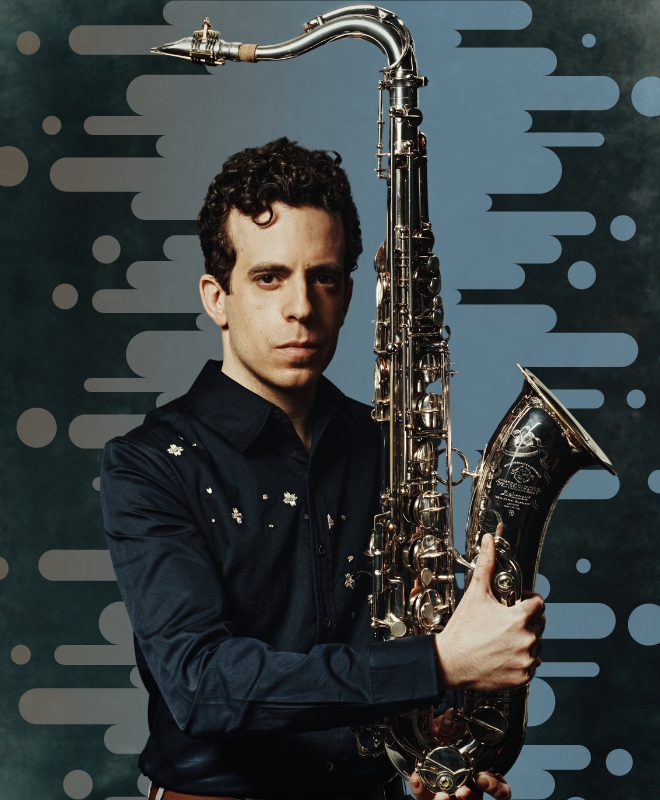Biography
Christian Sands
Embracing Dawn
GRAMMY®-nominated pianist’s new Mack Avenue concept album journeys through heartbreak and healing
Jazz history is filled with stirring torch songs and ballads — brilliant expressions of suffering after love has gone awry. The jazz record shelf even contains some classic album-long explorations of melancholy. But it’s hard to find precedent in pianist Christian Sands’ new Embracing Dawn, his fifth full-length effort for Mack Avenue Records.
Sands’ LP is nothing less than a cinematic narration of the stages of grief, crafted by one of jazz’s finest young composers. It’s a “breakup record,” to be sure — composed while Sands was experiencing the hurt that only a sudden absence of love can deliver — but it’s so much more. In its thoughtfully assembled nine tracks are a group therapy session, a guide to healing, and an understanding that Sands’ deeply personal angst could apply to any person who has lost a partner, a job, a loved one, an opportunity, the list goes on. In other words, Embracing Dawn is for everyone.
“I actually tried not to write this record,” Sands says with a laugh. “It was painful. I was going through heartbreak, and I didn’t know what to do — and so I decided to put it all into music. But I knew I wasn’t alone in this feeling. So why not create a safe space for people to go when they’re having this feeling, when they’re having these thoughts or questions?”
Embracing Dawn trails 2023’s acclaimed Christmas Stories and 2020’s GRAMMY-nominated Be Water. Following that album’s release, the New York Times commented, “Equipped with a crisp but forceful touch, he seems always to be flowing in new directions, integrating elements of prog rock, gospel and Western classical into a forward-tumbling jazz conception.” Embracing Dawn furthers Sands’ uniquely cultivated jazz language, where agile post-bop meets soulful bluesy tinges and gorgeous swells of strings. Sands’ love of classical orchestration, he explains, is rooted in his lifelong obsession with film.
Ultimately, Sands’ sound and philosophy are informed by two of his most essential mentors: bass maestro Christian McBride, who, as Sands’ longtime employer, taught him the importance of always being yourself; and the late piano legend Dr. Billy Taylor, who stressed how crucial it is to connect jazz to a wide-ranging audience. “I want Embracing Dawn to be something where you gravitate toward it because of the story,” Sands says.













